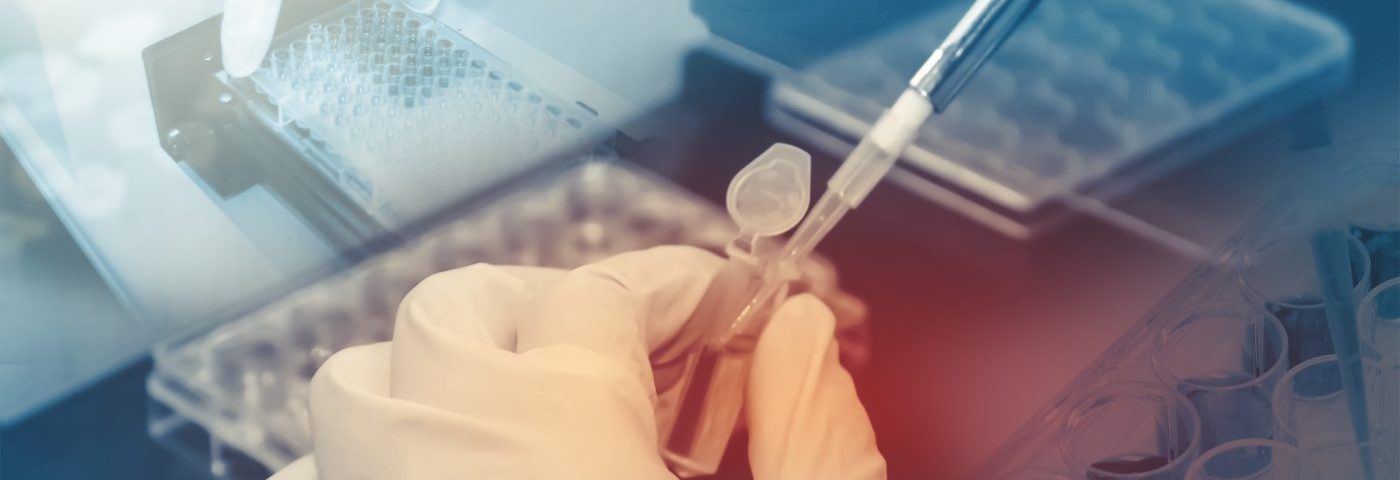An active ingredient of the ginseng medicinal plant may suppress endometriosis by regulating cell death and blood vessel formation processes in the endometrium or lining of the uterus, a study in cells from patients suggests.
The study, “Ginsenoside Rg3 attenuates endometriosis by inhibiting the viability of human ectopic endometrial stromal cells through the nuclear factor-kappaB signaling pathway” was published in the Journal of Gynecology Obstetrics and Human Reproduction.
Although endometriosis has long been considered a disease of uncontrolled and aberrant growth of endometrium tissue outside of the uterus, the exact molecular mechanisms disrupted in this disorder remain unknown.
Research indicates that there is not just one single molecular culprit, but several signaling pathways that contribute to the disease mechanism of endometriosis, including ones involved in cell proliferation, cell adhesion and programmed death (apoptosis), blood vessel formation (angiogenesis), and immune function.
The protein complex NF-kappaB (NF-kB) is involved in such processes, and has been shown to favor the development and maintenance of endometriosis by preventing cell death and stimulating proliferation of various cell types, like endometrial and endometriosis-related cells, as well as inflammation.
“Ginsenoside Rg3 is a main effective component extracted from ginseng, which is a Chinese medical herb,” the scientists wrote.
In rats, the compound was seen to inhibit the development of new endometriosis lesions, reduce the volume of existing lesions, and halt the formation of new blood vessels. Nonetheless, the effects of Rg3 on endometriosis-related cells from people is still poorly understood.
Investigators at the Women Health Center of Shanxi and Children’s Hospital of Shanxi, in China, evaluated this compound on human endometrial cells in a lab dish.
Endometrial tissue samples were obtained from six women (ages 28–40 years) with ovarian endometriosis and regular menstrual cycles. Using tissue from their endometrial lesions, scientists grew endometrial stromal cells, or connective tissue cells found in the endometrium, in the lab.
Cells were then treated with five distinct doses of Rg3 (0, 25, 50, 100, and 150 mg/mL) and the compound’s effects were evaluated at 24, 48 and 72 hours post-treatment.
Ginsenoside Rg3 was found to stop the cells from spreading in a time- and dose-dependent manner, with higher doses being associated with lesser cell proliferation.
Scientists reported that after “48, 72h, 100 mg/mL and 150 mg/mL of concentration of Rg3 inhibited the viability of human ectopic endometrial cells,” which was found to be statistically significant in comparison to untreated cells.
Rg3 also significantly lowered levels of the NF-κB p65 subunit and the protein TNF-α in diseased cells, suggesting the NF-κB pathway plays a role in the mechanism of endometriosis. Of note, women with endometriosis are known to have very active NF-κB and high serum levels TNF-α, a potent NF-κB inducer.
A significant decrease in the concentration of vascular endothelial growth factor (VEGF), which stimulates new blood vessel formation, and a significant increase in the levels of caspase 3, a protein that regulates the apoptosis process, were also seen after Rg3 was used.
When TNF-α was administered together with Rg3, the latter was able to neutralize TNF-α-induced changes, including cell death and blood vessel formation.
“Our results indicate that Ginsenoside Rg3 suppresses endometriosis by reducing the viability of human ectopic [outside of the normal location] endometrial stromal cells involving the nuclear factor-kappaB signaling pathway,” the researchers concluded.
“NF-κB signaling pathway may be a potential target in the process of the Rg3 treatment for endometriosis,” they added.

